This Mission: Impossible — The Final Reckoning review features spoilers below the first image.
Mission: Impossible — The Final Reckoning is finally out, and if marketing is to be believed, it’s the end of the 35-year-old franchise. Whether you believe Tom Cruise will hang up his seminal character or not, this film attempts to capture the depth of a franchise that historically got better as it released sequels. And in the end, it gets tied up in that monumental task.
Directed by Christopher McQuarrie, written by McQuarrie and Erik Jendresen, and completing the story of the last film, The Final Reckoning picks up months after Dead Reckoning. Ethan Hunt (Tom Cruise) has sequestered himself from everyone, with the cruciform key safe in his control. In the time between the two films, the Entity has eroded any sense of reality through deepfakes and fake news propagation online.
To make things worse, the Entity has brute-forced its way into the nuclear arsenals of India, Israel, Pakistan, and France, leaving only the United States, China, Russia, and the United Kingdom uncompromised. With the world in a stalemate and everyone waiting for one person to panic and press the launch button, Ethan is taken in and asked to help them control the Entity.
It’s Ethan and his team against the world again, with even steeper consequences.
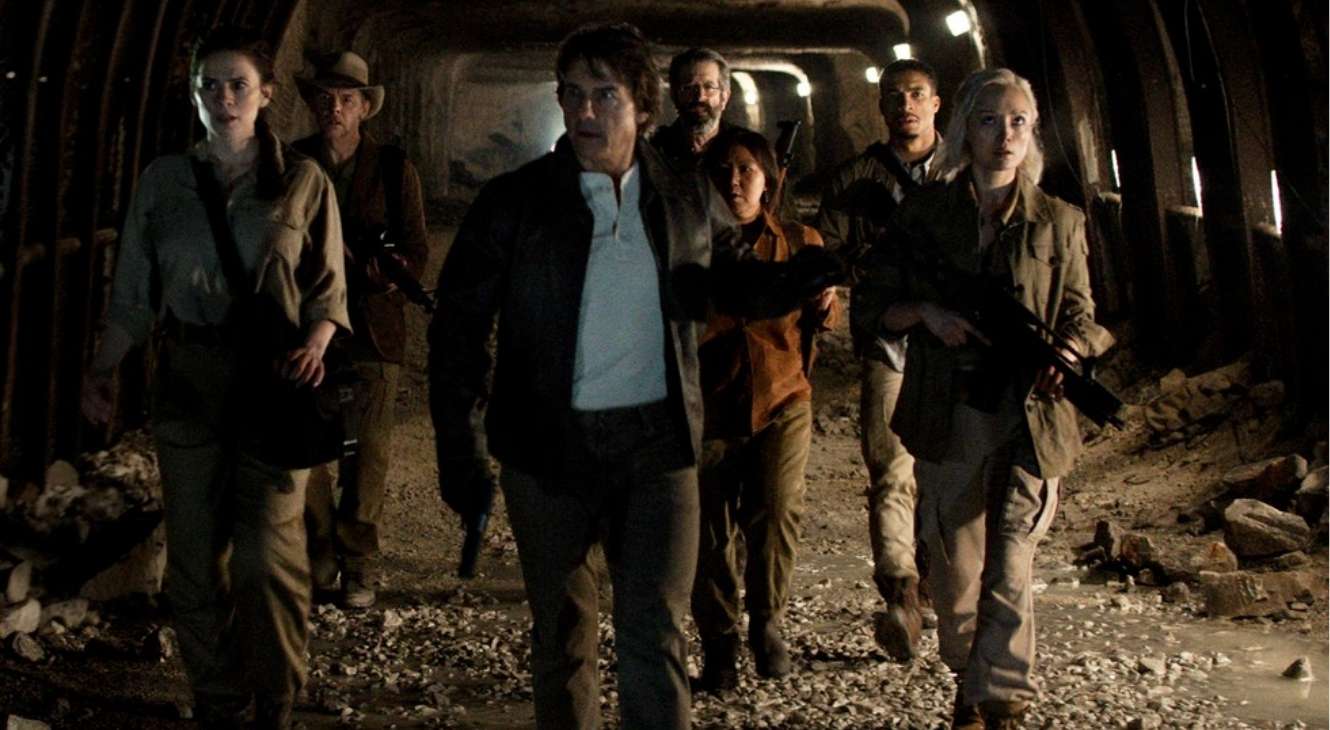
However, Ethan has gotten a glimpse of the future and has resigned himself to killing the Entity instead. Only with Gabriel cast out by the Entity after his failure, he sets a trap for Ethan to follow, ultimately ensuring that no matter what happens, the two will reunite. But he’s not the only antagonist; an increasingly angry Kittridge (Henry Czerny) is doing his best with Briggs (Shea Whigham) at his side to stop Ethan’s mission and take control of the Entity, giving the US all the power.
Stalwart in his determination to pull off a once-in-a-trillion plan, he asks the United States for an aircraft carrier, a sub, and the trust that in 72 hours he can pull it all off. Ethan Hunt dives, flies, and outruns devastating blasts in this three-hour action film that tries to be an epic conclusion to one of Hollywood’s more prolific action franchises.
Taking place over three days, The Final Reckoning is a race against time, and the film uses that ticking clock to push its tension. With giant peaks established with big setpieces, the film’s drama sometimes gets weighed down in connecting the dots from the past to the present. Still, even with that weight, the film allows the audience to move from Ethan’s mission, Benji’s team, and their role, and of course, the situation room as the United States tries to avoid being the aggressor in a nuclear war.
Mission: Impossible — The Final Reckoning is far from perfect, suffering from its decision to forget Ilsa Faust.
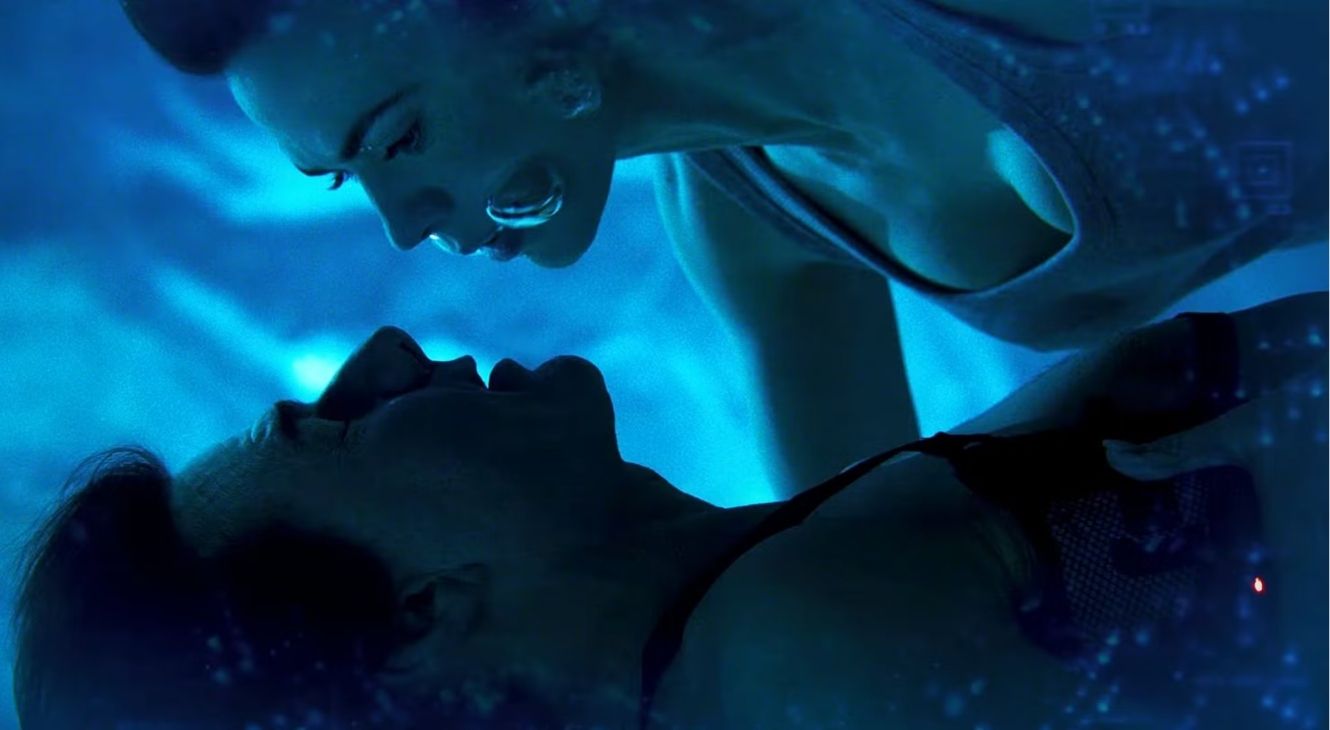
There are two significant issues I have with Mission: Impossible – The Final Reckoning. The absolute erasure of Ilsa Faust and the film’s dedication to exposition on the past to cater to viewers who may have only come into the franchise with Fallout. On the first point, Rebecca Ferguson‘s Ilsa Faust is the only woman in Mission: Impossible as a core team member who appears in multiple films, but on her third outing, she was killed.
And yet, despite taking place months after her death, The Final Reckoning forces Ethan to think about his guilt, mistakes, and life by leaving out Ilsa. The issue here is that, outside of his wife, Ilsa is the only woman established as an official love interest, and yet, she’s shoved into a quick flashback sequence buried in the past.
Like the last two acts of Dead Reckoning, Grace (Hayley Atwell) is in Ilsa’s shadow. As the flirtation ramps up, and Ethan seemingly gets closer to her, it all feels disrespectful to a character that became central to the franchise’s success and highest-rated films in its eight-film history. The Final Reckoning honors the characters the franchise has lost both before this entry and during it, but not Ilsa. Not ever.
Grace can’t measure up to Ilsa’s impact; she’s a thief, and that’s fine, but she’s wholly uninteresting compared to the other new characters added to the team in The Final Reckoning and woefully deadweight when compared to Ilsa. This isn’t her entire fault. Grace’s dialogue is good, and her rapport with Benji is fantastic when she’s not with Ethan. But when Ethan is involved, it’s all face touching and weakness that gets frustrating to watch, especially when Ilsa’s body is barely cold.
The Final Reckoning spends too much time getting audiences up to speed.
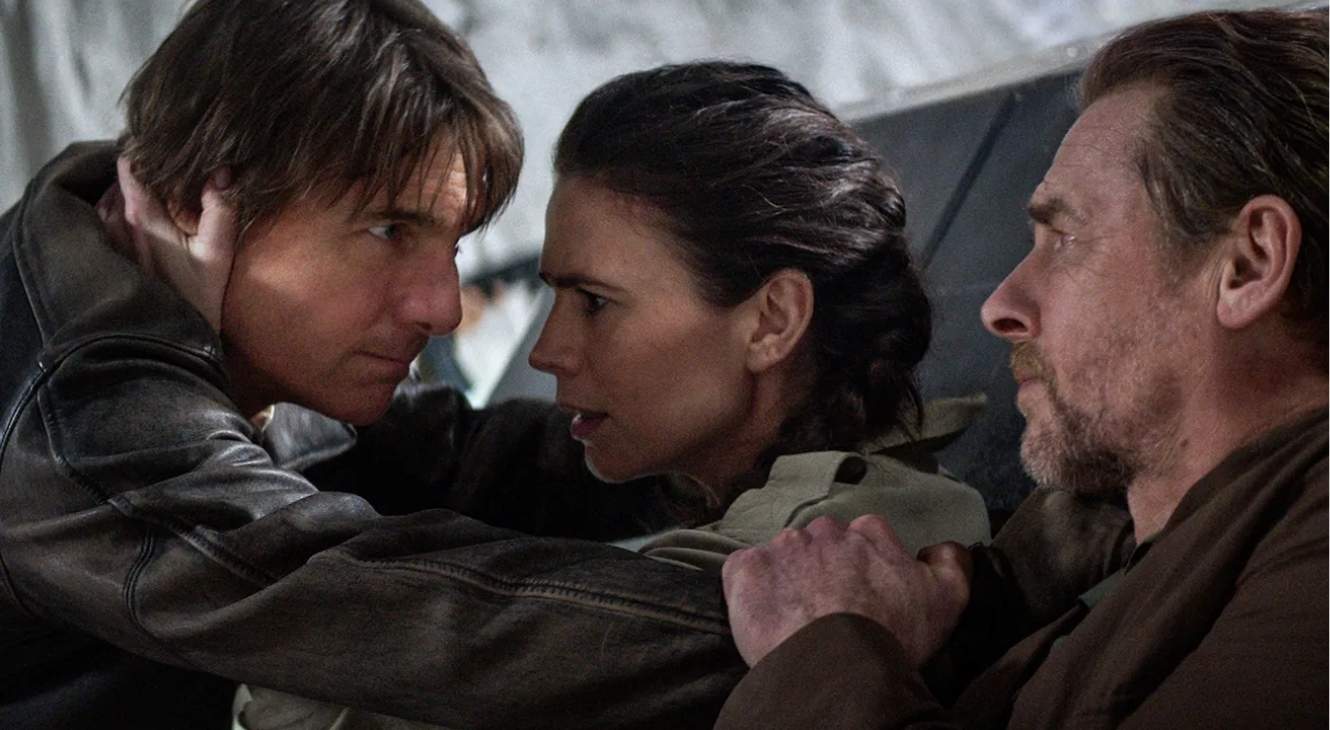
Outside of what I’m sure you have dismissed as a personal grievance, The Final Reckoning’s objectively exposition-bloated first hour mucks up what is arguably a fantastically paced film. Throughout the film’s first act, we spend too much time being brought up to speed on what has happened over 35 years instead of just paying homage to the past.
Christopher McQuarrie and Erik Jendresen are trying to hold the audience’s hands in case they didn’t start watching the franchise until recently. While the last film suffered from retconning moments, The Final Reckoning doesn’t, but its attempt to tell you it isn’t painting itself into a corner is what ultimately marks one of its most significant issues.
Not every expositional moment is a bad one, though. This comes when the film brings back a character from the very first film and makes them central to the plot. While we see the flashback maybe one too many times, once the character is established, it’s a masterclass in bringing back the past, working them into the present, and honoring the franchise’s beginning.
The latest Mission: Impossible still sets an action standard outside its two main faults.
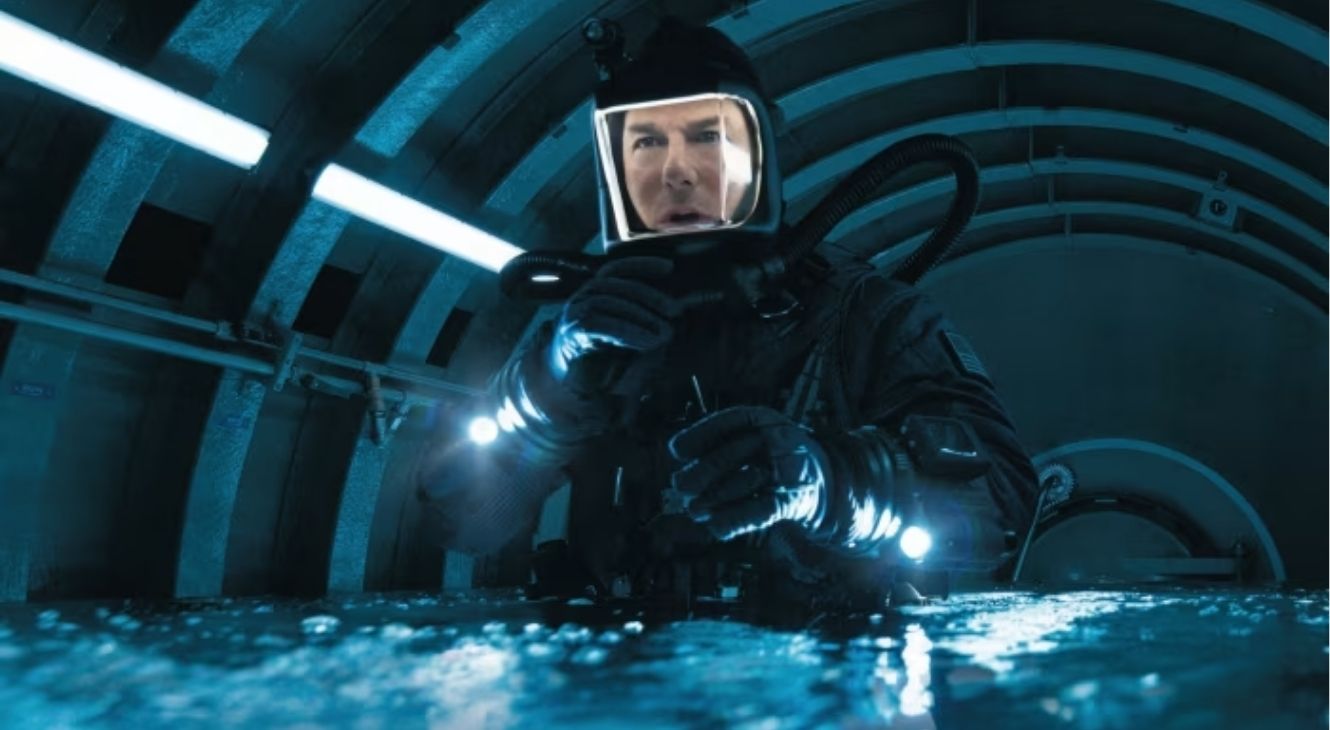
As an action movie, Mission: Impossible—The Final Reckoning is a monumental achievement. Multiple stunts leave you scratching your head over how the teams pulled them off, captured them, and translated them correctly. From a death-defying plane sequence to a deep water dive that is absolutely incredible and anxiety-inducing, this is an American action spectacle at its best. While this Mission: Impossible doesn’t feature as many hand-to-hand combat sequences, it does invest in stellar set and production design to pull off set pieces that can’t be understated.
Benji Dunn (Simon Pegg), Paris (Pom Klementieff), and Degas (Greg Tarzan Davis) all pull off fantastic stunts and fight choreography. Atwell’s Grace is often the one being rescued. Everyone on the core team, except for Grace, gets big moments of action, even if Grace’s world-saving moment is just a blink of an eye.
But the star of the new characters added is Pom Klementieff’s Paris. She’s angry, she’s French, and she’s really good with a knife. Her back and forth with both Ethan and Benji in French makes sure that she’s not cast into a role where she’s silent and ignored. And it all works. If anything, Paris is the most substantial addition, leaving Hayley Atwell’s Grace in the dust.
As for the rest of the ensemble, fan favorite Erika Sloane has returned. We see Angela Bassett as Madame President Sloane; it isn’t a role without teeth. It pushes the audience to grapple with panic and fear and confront the reality that many in power will simply choose to attack first lest they fall victim.
Paris is a standout when it comes to new additions to the team.
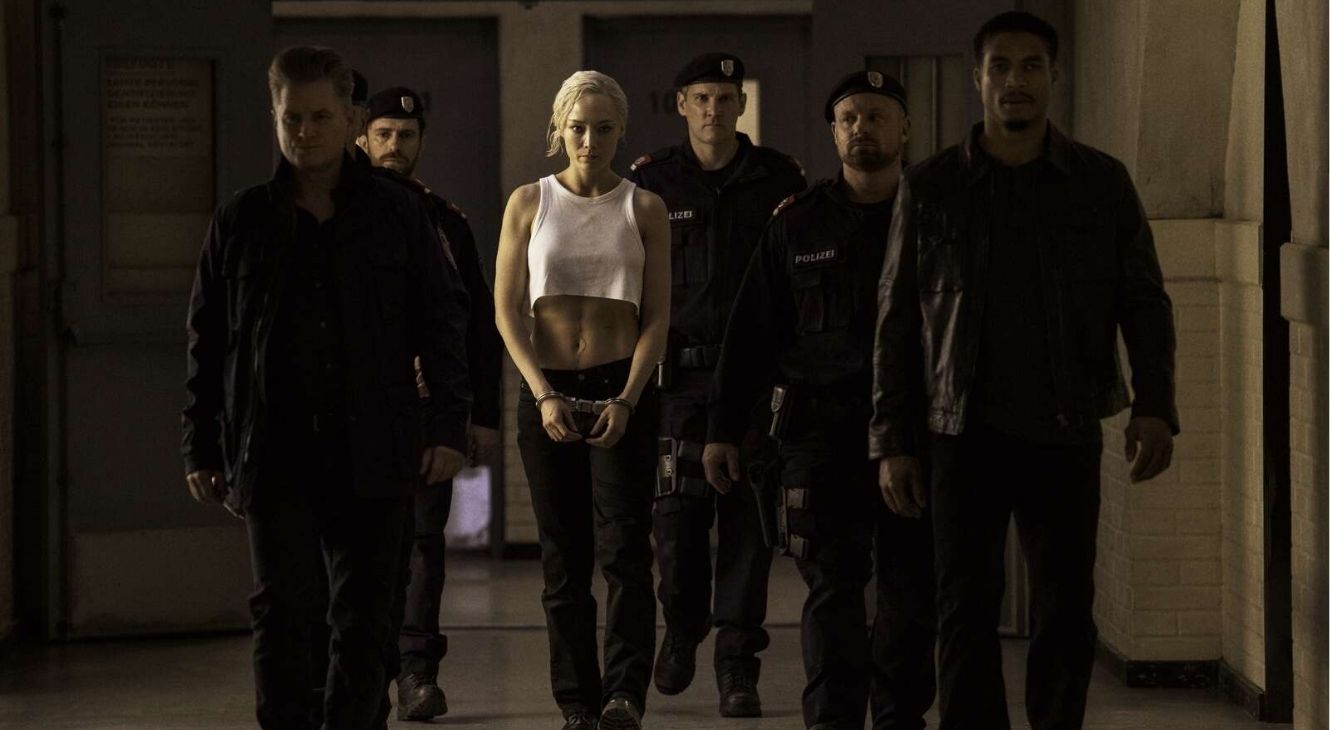
However, the answer has always been there: turn off your nuclear arsenal. Leave yourself defenseless to save the world. But no one can make that choice, which puts the President as the sole person who either starts World War III and kills millions of people or lets the Entity kill the entire world. And in reality, there is no other actor I want to see making this kind of choice outside of Angela Bassett.
While their time in the film isn’t substantial, their charisma is well worth their additions, and that’s what makes Admiral Neely (Hannah Waddingham), Captain Bledsoe (Tramell Tillman), Richards (Charles Parnell), Kodiak (Katy O’Brian), General Sidney (Nick Offerman), William Donloe (Rolf Saxon) and Tapeesa (Lucy Tulugarjuk) fantastic background characters.
They don’t pull much weight, but as you walk out of the theater, you’ll remember them. And ultimately, it leaves me guessing whether we’ll see more of them if the franchise continues past the Paramount marketing. One can only hope that Kodiak gets a chance to get into action.
But when we look at the established characters we’ve seen in the series before, Luther (Ving Rhames) and Benji remain emotional cornerstones of Mission: Impossible—The Final Reckoning. Coming into this “final” installment of the franchise (at least according to Paramount), most fans knew that Luther, Benji, or both would die. The duo has survived many close calls, and as the franchise closes, letting at least one rest seems key. And that’s what happens.
Luther’s impact is never minimized; Ving Rhames’ effect on the franchise is given the utmost emotional respect.
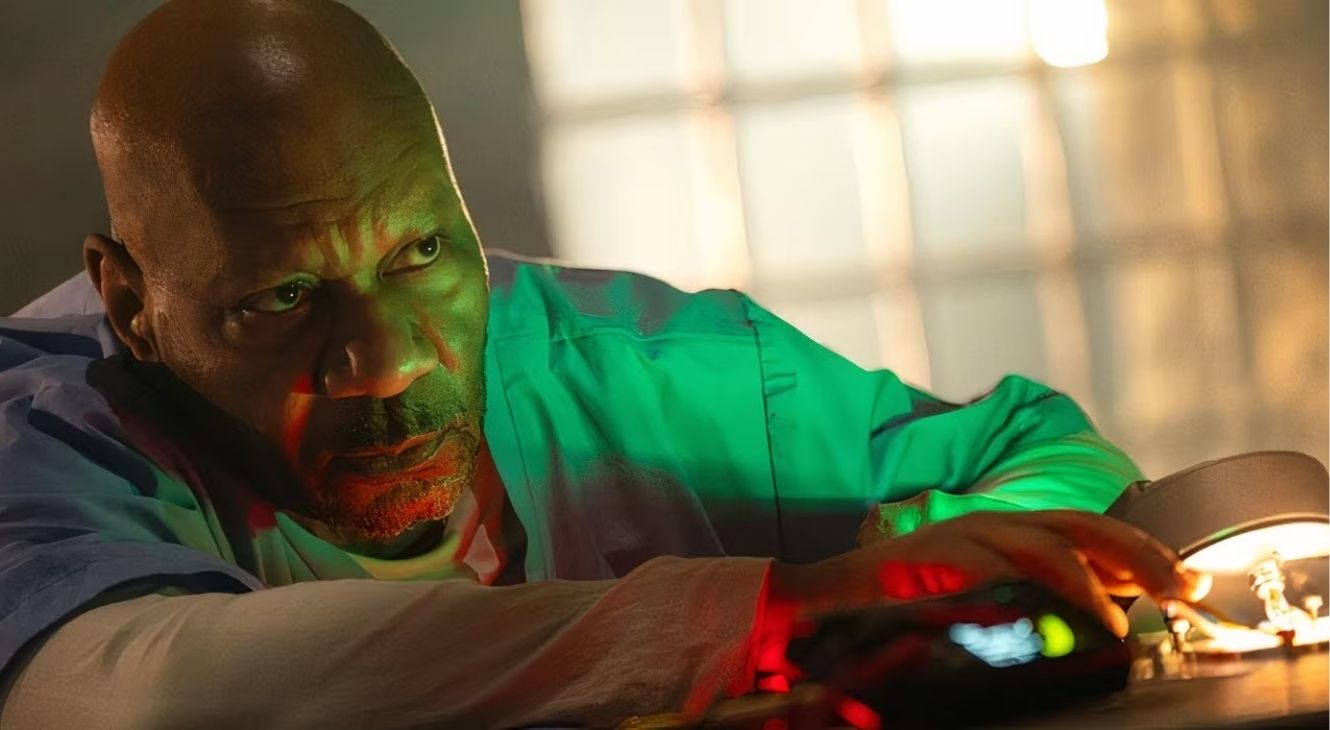
Gabriel’s (Esai Morales) big plan in this film starts with killing Luther Stickell. He locks him in a tunnel with a bomb that will level the city block. He can work to get out, or he can work to disarm the bomb and minimize damage. As Ethan runs to find him, they have one of the franchise’s most emotional conversations. While I’ll leave the minutia of the conversation for you to hear in the theater, the takeaway is that Luther has agency in his death.
He wants to be where he is, and he ultimately has the power to save the people he will never see and die as he lived. In a franchise that has many deaths, and where Ilsa was discarded after hers, Mission: Impossible — The Final Reckoning honors Ving Rhames as the series’ longest recurring character outside of Tom Cruise himself. Despite dying in the film’s first act, Luther’s influence is key to the team’s success afterward.
Luther’s poison pill is central to destroying the Entity, and ultimately, his ability and genius in constructing a cell for the Entity give the team hope that the world can survive. Luther matters, and throughout the film, you can see Ethan’s sorrow and guilt about losing his friend. Luther’s impact is ultimately essential to the legacy of this franchise, and that is solidified.
Simon Pegg’s Benji tracks the growth of his character across his multiple films beautifully.
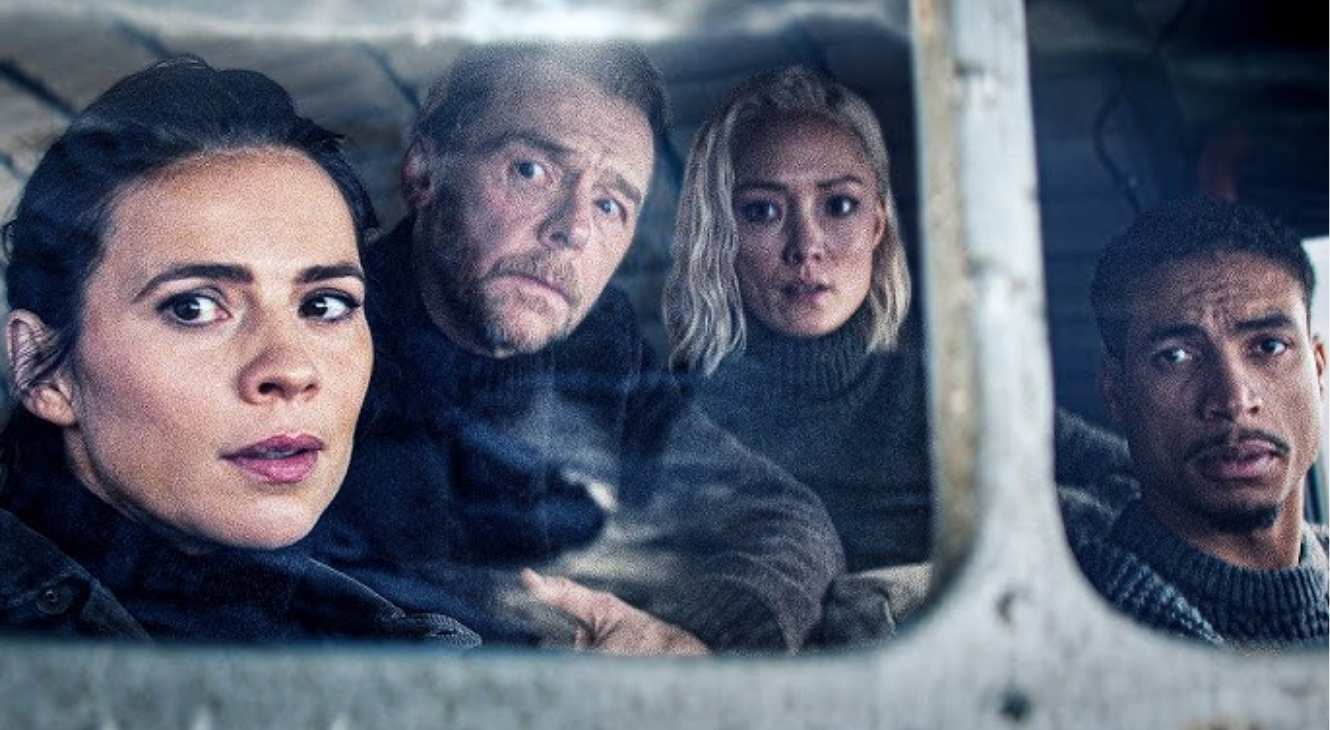
At the same time, Benji’s impact is just as vital. Having moved from scared data guy to a leader, for much of Mission: Impossible — The Final Reckoning, Benji isn’t even in the same location as Ethan. Instead, Benji is trusted to take care of his team. The new core people aren’t Ethan Hunt’s team, they’re Benji’s. Having had some of the largest growth throughout the franchise of any character, Simon Pegg’s portrayal of the character feels authentic.
The small idiosyncrasies that come from anxiety and worry are still present in this film. Still, it’s masked in the confidence Luther used to portray when everything would go sideways. Benji may not have the answer, but he knows he or Ethan will find it. He knows they will stay on the right side of the grass, and in a way, he’s followed the care and intelligence that Luther left behind. Wounded in the film’s final act, he has to not only teach Grace how to hack into a system, but he also has to talk Paris through a life-saving procedure.
And then, of course, there is Ethan Hunt and who he has become. In Dead Reckoning, he is plagued by insecurity. He questions every choice, and he lets the Entity push and pull him wherever it needs. But in The Final Reckoning, we have never seen Ethan so sure in his motivations and his capability to succeed. There is no choice but to perform a once-in-a-trillion chance, and to do that, he has to trust everything out of his control and himself to execute what is in his hands.
Ethan Hunt is at his most human but most faithful in Mission: Impossible — The Final Reckoning.
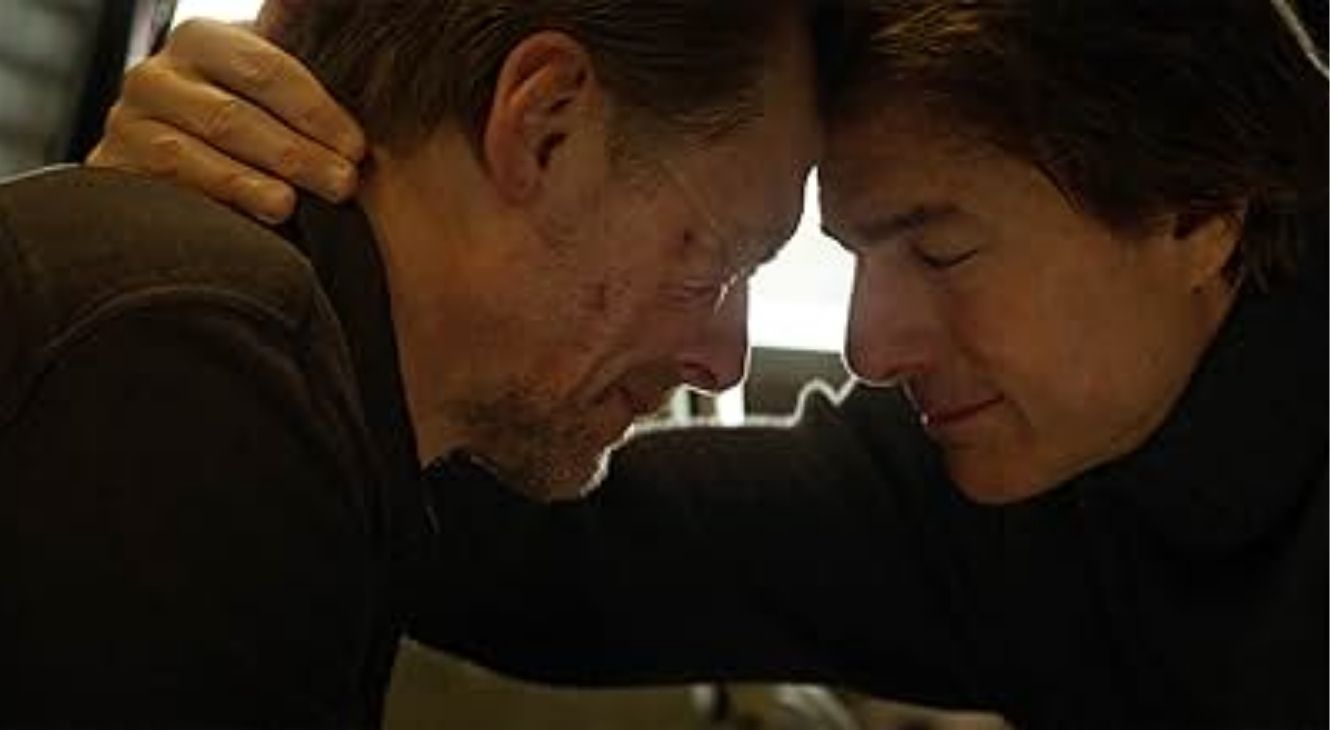
Ethan Hunt isn’t a fantastic protagonist because he never loses; he’s compelling because he represents human insecurity and how your relationships are central to your successes. Ethan, in many ways, has been broken by the world, and his choice to keep rebuilding himself with the lessons he has learned. Ethan is deeply human, and that’s why we follow him. That’s why Benjy and Luther followed him.
Ultimately, Mission: Impossible — The Final Reckoning is the most divided I’ve been on a film in the Mission: Impossible franchise. How do I rate a film when, if I judge it against its franchise, it falls just above its weakest sequel (sorry John Woo), but when judged against the larger Hollywood landscape, it finishes infinitely better than many of the blockbusters coming out in recent years?
The Final Reckoning is a divisive ending to a Hollywood institution, landing at the bottom of its franchise but above most blockbusters released. Tom Cruise has said that when he and Christopher McQuarrie watch a new film, they say they can do better, no matter how well the audience receives it. So I guess all I have to say is that I hope this isn’t the end, because Tom, you can do better.
Mission: Impossible — The Final Reckoning is playing now in theaters.
Mission: Impossible - The Final Reckoning
-
Rating - 7.5/107.5/10
TL; DR
The Final Reckoning is a divisive ending to a Hollywood institution, landing at the bottom of its franchise but above most blockbusters released







